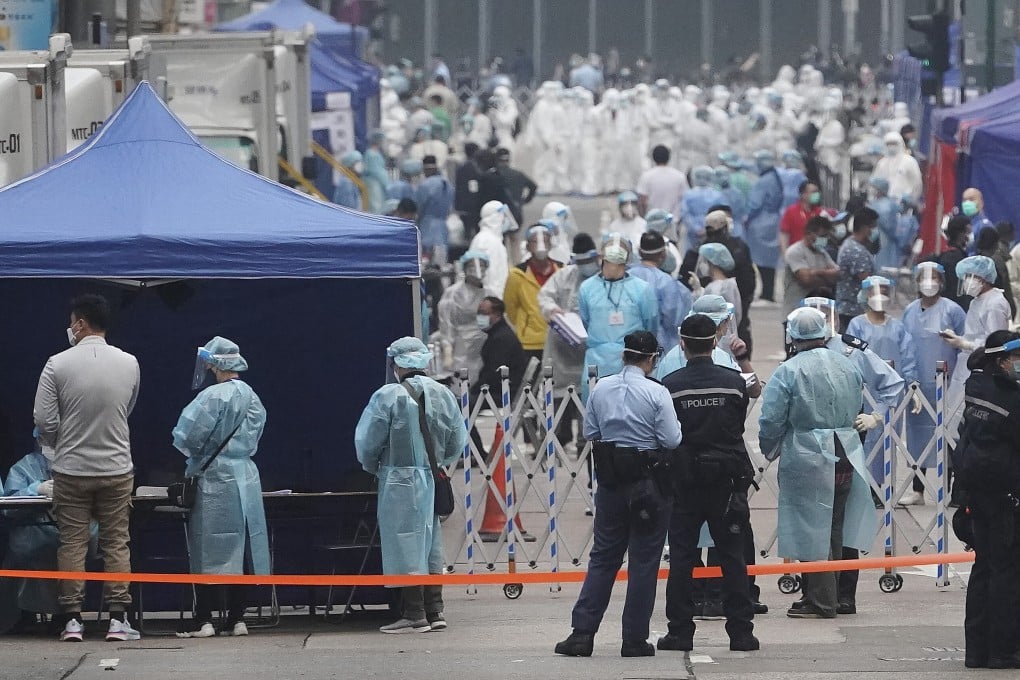Covid-19 adds to woes of Hong Kong’s ethnic minority residents facing discrimination, language barrier, difficulty finding jobs
- Lockdown in Yau Tsim Mong leaves ethnic minority communities feeling vulnerable, targeted, shunned
- Government urged to do more to bridge gap between city’s Chinese and minority communities

Hongkonger and Nepali Dilip Rai, 42, stops to catch his breath as he climbs the stairs to his fourth-floor flat in an old tenement building in Jordan.
The security guard lives with his wife, also 42, and their nine-year-old son in one bedroom of the flat, while his cousin, 42, and her husband, 52, share the other room.
The entire household of five fell ill with Covid-19 when Yau Tsim Mong district recorded more than 160 cases between January 1 and 20.
The surging infections prompted the government to impose the city’s first lockdown in the area on January 23 and 24, and it included the Reclamation Street building where Rai’s family lives.
The district is home to many members of ethnic minority groups, mostly South Asians, many of whom were among those infected in the outbreak.
The pandemic made life more challenging for a community already struggling with language barriers, financial woes and discrimination.